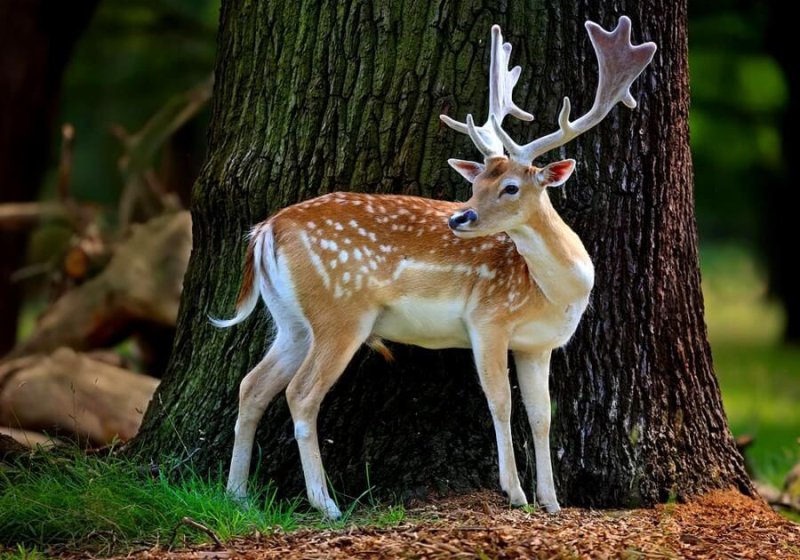The genius of evolution is its brutal pragmatism; do whatever is needed to pass your genes onto the next generation in the fastest, most efficient, enduring way possible. It knows nothing else. As such, it should be inherently prejudiced against not only complex beauty, but any conspicuous beauty at all.
…
Thus, beauty is one of evolution’s most serious and persistent problems. Its adherents have no good answer for it, and not for want of trying.
…
[Charles] Darwin proposed natural selection was not the only phenomenon at work here and developed the theory of sexual selection. The prettier you are, the more action you get. [Alfred Russel] Wallace rejected this theory, writing in 1878, “The only way in which we can account for the observed facts [of conspicuous beauty] is by supposing that colour and ornament are strictly correlated with health, vigor, and general fitness to survive.”Darwin’s theory was about attraction, Wallace’s about longevity. Biologists generally find neither convincing.
…
The stunning beauty of living things is one of the most wonderful treasures in life. While the rest of us can’t imagine life without it, its absence would certainly make life easier for the evolutionists. They will just have to accept their beautiful plight.































